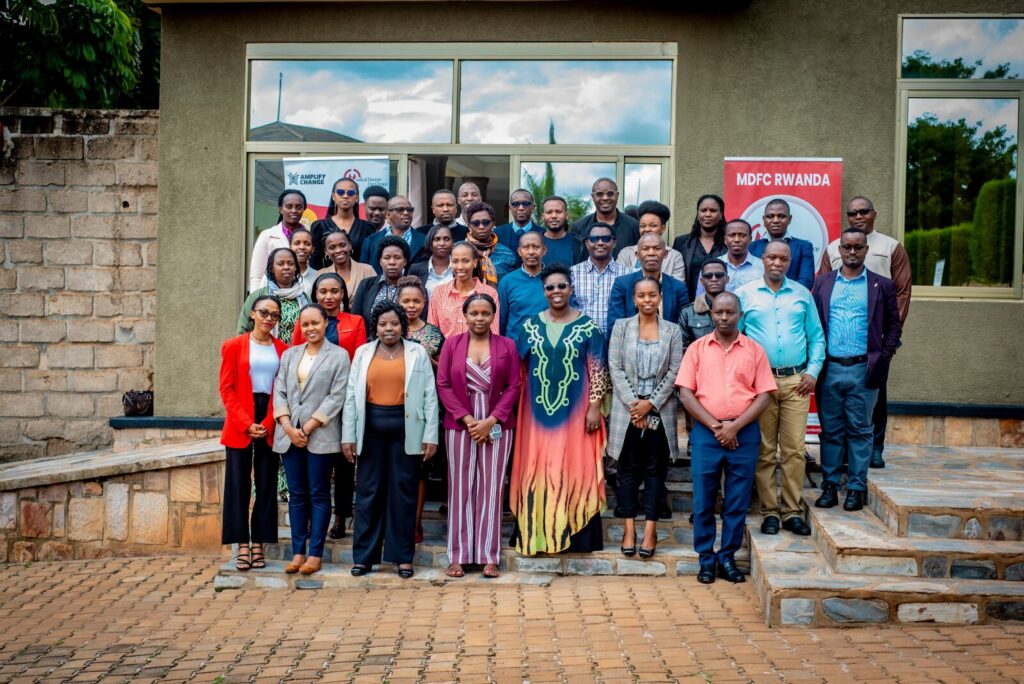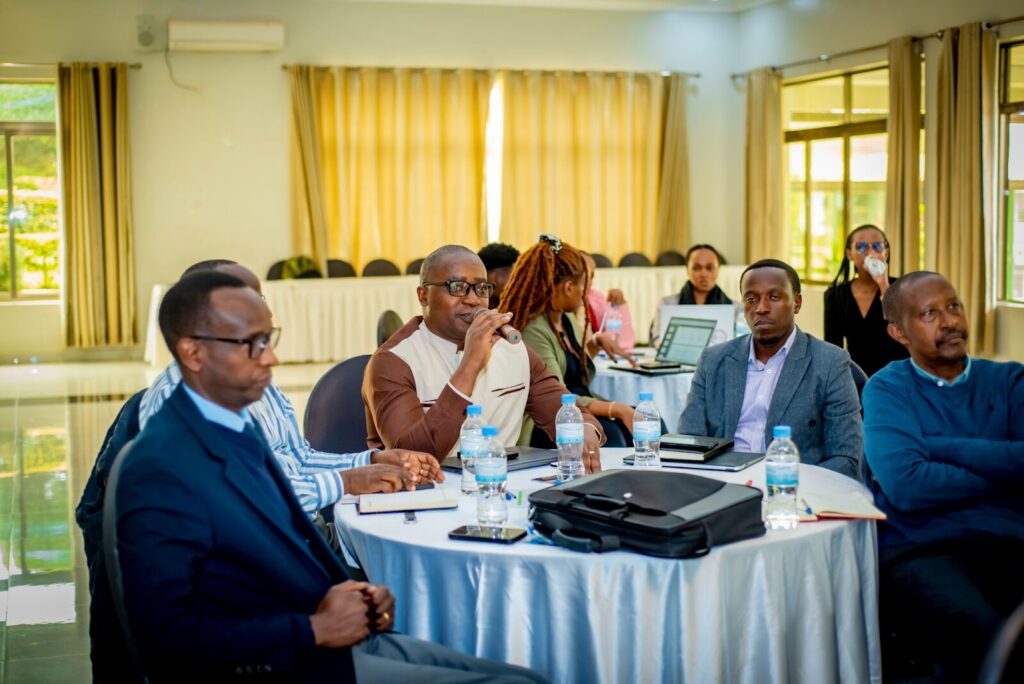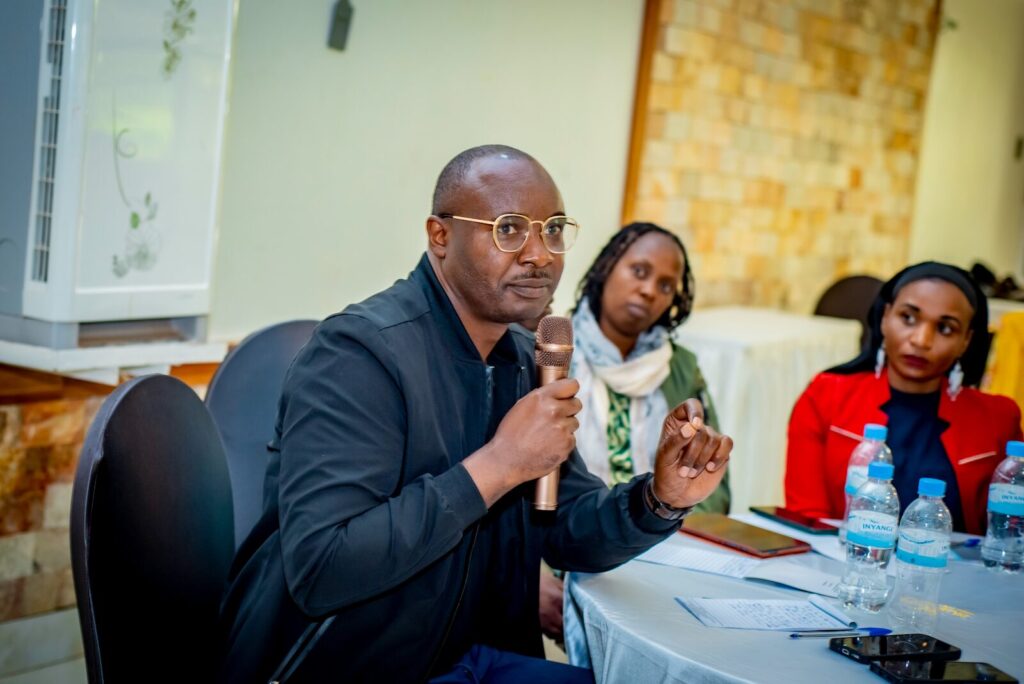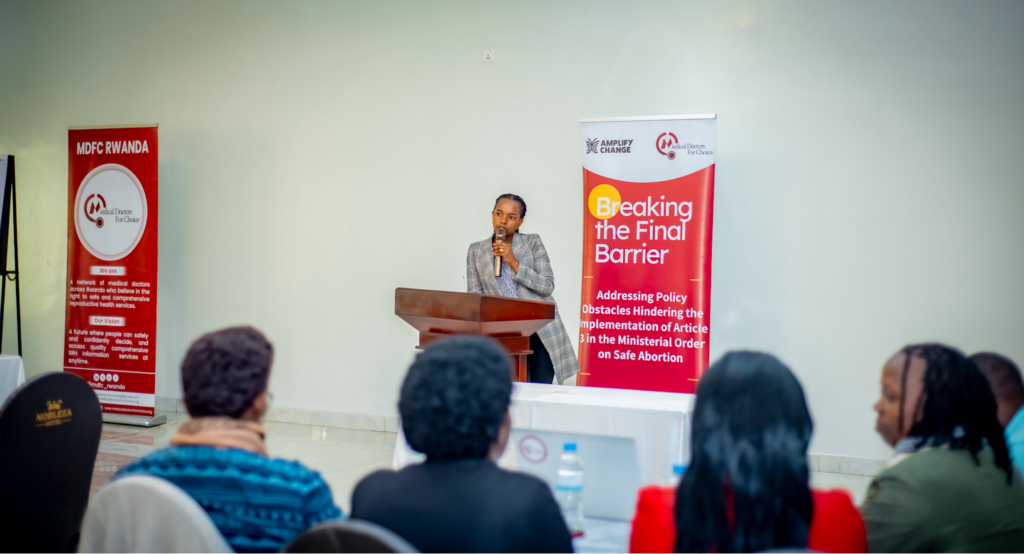
On May 8th, 2025, Medical Doctors for Choice (MDFC) hosted a multi-stakeholder engagement workshop aimed at validating a proposed policy framework to strengthen the provision of safe abortion services in Rwanda. This effort aligns with the current Ministerial Order on Safe Abortion, including its 2019 issuance and the 2024 amendments, and forms a central part of MDFC’s Breaking the Final Barrier initiative. The workshop convened key voices from the healthcare, legal, and development sectors to review a draft policy memo and position paper crafted to address the persistent disconnect between national law and hospital practices.
Workshop Objectives and Focus
The session served as an opportunity to present MDFC’s draft policy memo and initiate its validation through expert and community input. A major goal was to identify and examine the existing gaps between hospital policies and the legal framework laid out by the Ministerial Order. The workshop also sought to foster multisector dialogue to explore how institutional practices could be better aligned with legal obligations and, more importantly, how they could reflect a rights-based approach to healthcare delivery. At its core, the session aimed to build consensus around concrete policy reforms that would ensure health facilities uphold not only the law but also the dignity and autonomy of patients

Key Takeaways from the Dialogue
One of the strongest points of consensus emerging from the workshop was the shared recognition that internal hospital policies urgently need to be revised to mirror the national legal framework. Stakeholders agreed that adopting a rights-based model of service delivery is essential to guaranteeing equitable access to safe abortion care.
Facility-level representatives provided critical insight into the real-world challenges of implementation. Among these were lingering legal ambiguities, unnecessary delays in patient referrals, and the enduring stigma that continues to cloud abortion-related services. These issues are not merely bureaucratic—they directly affect patient care and outcomes.
Discussions also brought to light several troubling inconsistencies between legal guidelines and current hospital protocols. Participants noted the continued use of outdated and unlawful requirements, such as referrals from the Intermediate Obstetric and Surgical Center (IOSC) or mandated transfer letters, which are no longer in line with current law and act as unnecessary barriers to care.
Most importantly, the session underscored the need for collaboration. Sustainable and meaningful policy reform will only be possible if health providers, policymakers, legal experts, and civil society actors work in unison. Cross-sector engagement was highlighted as a cornerstone for moving from legal mandates to real change in clinical practice.

Conclusion
This workshop marked a pivotal step in closing the gap between Rwanda’s progressive legal framework and the realities within health facilities. Through inclusive dialogue, critical reflection, and shared accountability
MDFC will now incorporate the feedback received into the final versions of the policy memo and position paper. The next phase involves organizing targeted follow-up meetings with hospital administrators and relevant government stakeholders to facilitate policy adoption. MDFC will also continue its efforts to build provider capacity on legal frameworks and to promote a rights-based approach to care across all levels of service delivery.

